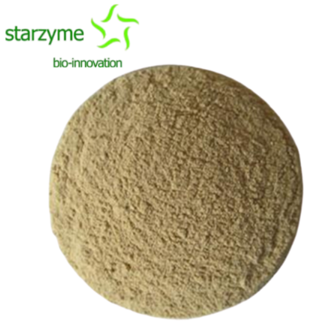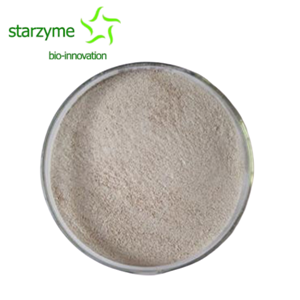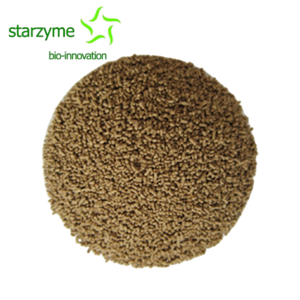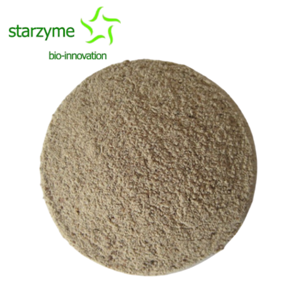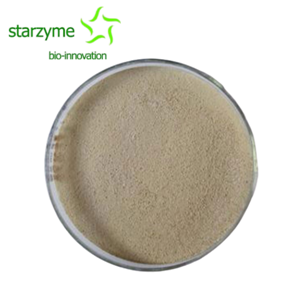What is Enterococcus faecalis?
Enterococcus faecalis is a Gram positive and hydrogen peroxide negative bacterium. It originally belonged to the genus Streptococcus, but due to its low homology with other streptococci, even less than 9%, Enterococcus faecalis was isolated from the genus Streptococcus and classified as Enterococcus. It is a facultative anaerobic Gram positive lactic acid bacterium, with a spherical or chain shaped body, a small diameter, no capsule, no spores, strong adaptability and resistance to the environment, and can tolerate various antibiotics such as tetracycline, kanamycin, and gentamicin. The growth conditions are not strict. It can use arginine as an energy source to ferment sorbitol without fermenting arabinose. Growing on a simple culture medium does not require folic acid.
Brief Introduction
In terms of bacterial taxonomy, the genus Enterococcus did not exist in the early days, and some strains today belong to the genus Streptococcus. Moreover, it has undergone multiple changes in taxonomy. In 1930, Enterococcus was classified as Group D Streptococcus. In 1984, DNA-DNA hybridization and 16SrRNA sequencing showed that Streptococcus faecium and Streptococcus faecalis were significantly different from other streptococci. In the same year, Schle ifer et al. proposed that genus should detach from Streptococcus and form a new genus, Enterococcus. So far, based on 16S rRNA sequencing and DNA-DNA hybridization as the classification basis, the genus has increased to as many as 28 species. Soon, it may be reclassified. Enterococcus faecalis is the most common and representative species in this genus. This genus usually refers to a group of Gram positive cocci that can be isolated and identified using nitrogen and sodium from feces. Due to the fact that all strains of Enterococcus contain Lancefield's Group D antigen, they are also known as Group D Enterococcus faecalis or Group D Enterococcus. The DNA G+C content of Enterococcus is 33% -39% mol.
Enterococcus faecalis belongs to the normal microbiota in animal intestines, and is generally considered harmless to animal or human bodies. It is a symbiotic bacterium. In recent years, research has confirmed that some Enterococcus faecalis have developed virulence genes during long-term evolution, which can cause widespread infections. Moreover, due to the long-term and extensive non-standard use of antibiotics, the acquired resistance of Enterococcus faecalis continues to rise, making it increasingly difficult to treat Enterococcus faecalis infections.

